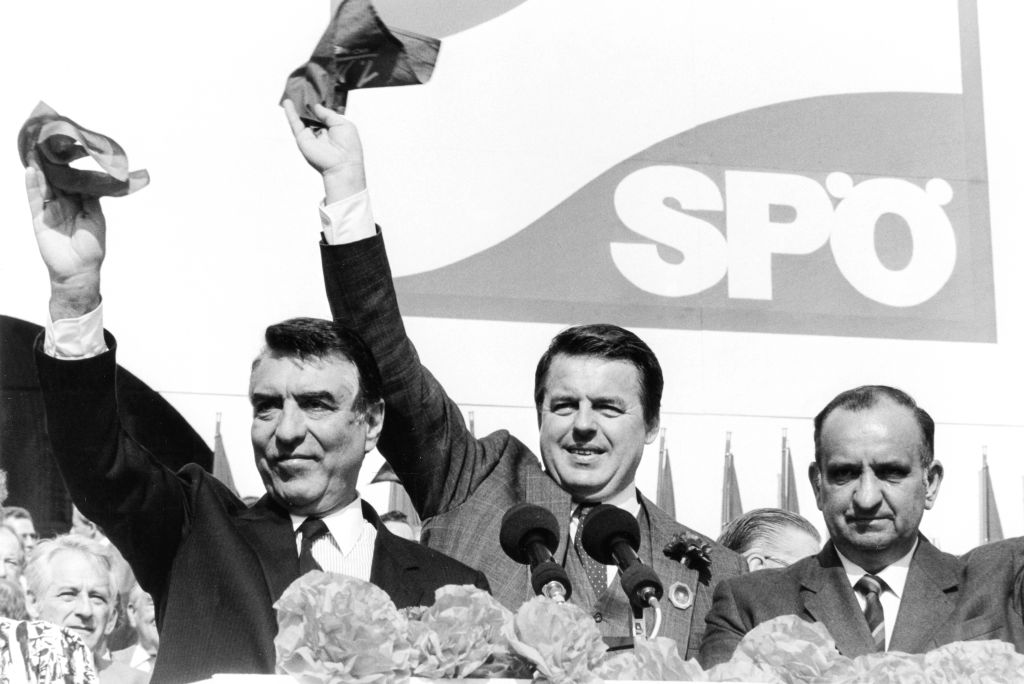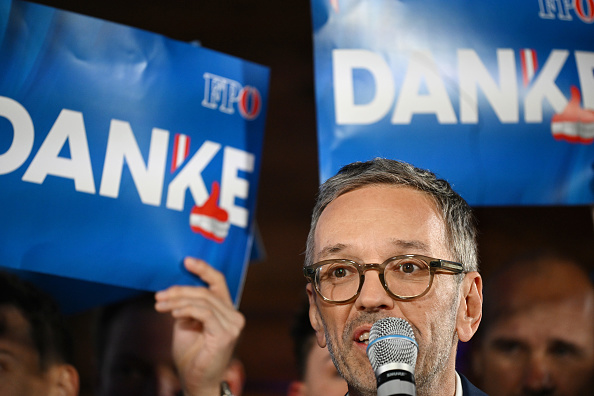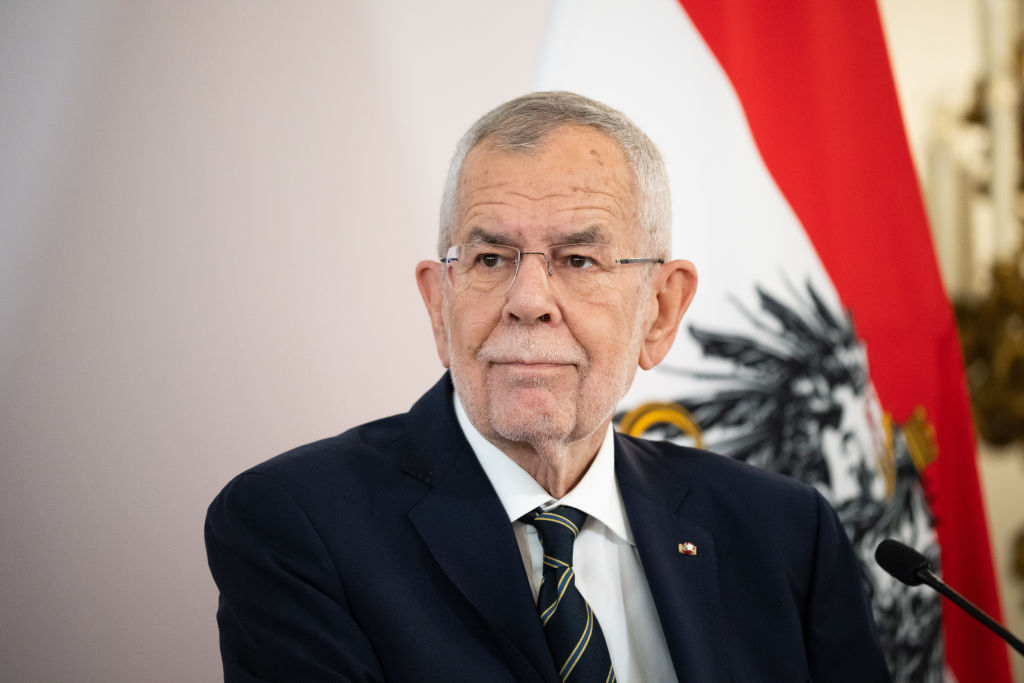Austria’s opposition Freedom Party (FPÖ) is soaring to new heights in the polls as dissatisfaction with the three-party coalition government grows.
In the latest survey by pollster Lazarsfeld for news site oe24, the right-wingers come in first with 38 per cent of the vote – a gain of 5 percentage points compared to just six months ago.
The FPÖ’s rise coincides with a sharp drop in popularity of the three parties that rule Austria: The Conservative People’s Party (ÖVP), the Social Democrats (SPÖ) and the Liberal Neos party.
In the Lazarsfeld poll the SPÖ drops to a record low of only 17 per cent. The Liberals do equally poorly with only 8 per cent. The Conservatives barely scrape the 20 per cent mark.
FPÖ leader Herbert Kickl also comes in first when respondents were asked for their favourite choice for federal chancellor, with 30 per cent wanting to see him at the helm. That is almost as much as ÖVP leader and current Chancellor Christian Stocker on 14 per cent, SPÖ leader Andreas Babler at 11 per cent and Neos frontwoman Beate Meinl-Reisinger with 7 per cent.
For the survey, 2,000 Austrians were questioned between September 29 and October 6.
In the general election in September 2024, the FPÖ came in first with 29 per cent, followed by ÖVP with 26 per cent and SPÖ with 21 per cent.
The Conservatives, though, decided against a right-wing coalition with the FPÖ and instead formed a coalition with the Social Democrats and Neos as junior partners. Since then, the two major parties have steadily lost ground in the polls while the economic crisis in the country has become more severe.
After a two-year recession in 2023 and 2024, economic growth remains very low with the Austrian National Bank expecting GDP to expand by just 0.3 per cent in 2025. Unemployment is on the rise.
In September 2025, about 375.000 Austrians were jobless, almost 6 per cent more than a year before.
Johannes Kopf, chairman of the Austrian Public Employment Service, said: “The longest economic crisis in the Second Republic is pushing more and more businesses to their limits. Many are no longer able to stay afloat or retain their staff until better times come.”
Inflation also remains high with 4.1 per cent annualised in August, the fifth-highest rate in the Eurozone.
In a survey published yesterday, 23 per cent of respondents said their financial situation had deteriorated in the past year.





